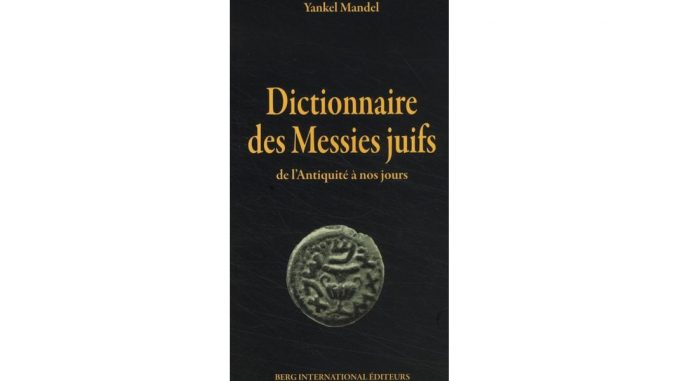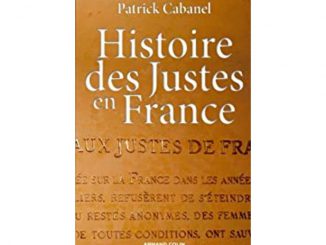
This dictionary, written with humour and a critical spirit, retraces, in chronological order, the journey of atypical men claiming divine inspiration and appearing at painful moments in history. They are, for the most part, apocalyptic mystics, scholars, but there are also among them exalted or even charlatans as found in the three religions of the Book, the latter referring to a saviour who has come or will come, whether he is called Mashiah, Christ or Mahdi, who is supposed to sum up deficient humanity.
In Judaism, it was at the beginning of the first century, when major troubles such as the occupation of the kingdom of Judea by the Romans confirmed for some people the imminence of the “end of time”, that new prophets, miracle-workers and “envoys” of God intervened, wanting to speed up the march of history towards a better world. From Christ, who left his tragic and painful Passion to mankind, to Shimon Bar Kochba, who in 135 raised an army against Rome, minted coins and was crowned King-Messiah, the entries in this dictionary are dedicated to messiahs from ancient times to the present day.
In the Middle Ages, there were among others: David Elroi, Abraham Aboulafia, David HaRévouni, the latter protected by Pope Clement vii while his successor Shlomo Molkho was delivered to the Inquisition by eyebrowed Jews. In 1492, the expulsion of the Jews from Spain, appearing as a harbinger of the eminent arrival of the long-awaited Saviour, resulted in the belief in the messianicity of one or another of the doctor Rabbis.
An important notice is given to Sabbatai Tsevi, who stirred up the crowds and caused a kind of popular madness in the Jewish communities of the Balkans and the Mediterranean rim during the 17th century, which caused the Ottoman authorities concern. Taken before the Sultan of Andrinople, Sabbatai Tsevi converted to Islam to avoid the torment of the stake. A century later Jacob Frank, who was believed to be reincarnated, also ignited large crowds. He believed that redemption would come through absolute evil, so he incited his followers to transgress all prohibitions in order to hasten the end of time. He died in 1791 after converting to Christianity.
The sect declined and then disappeared at the beginning of the 20th century. Closer to home, the Second World War and the Shoah gave rise to messianic movements such as the late Loubavitcher of Brooklyn, whose followers are still waiting for their return to earth. All these protagonists, both wise and less wise, some of whose venality is put at the service of their movements, claim to be on a “redemptive” quest.




Be the first to comment